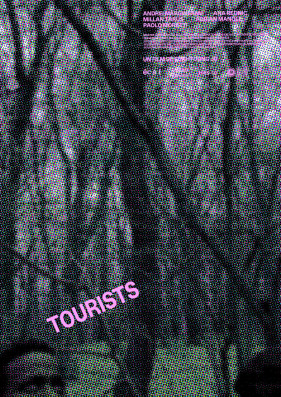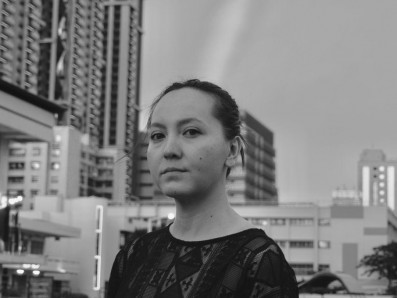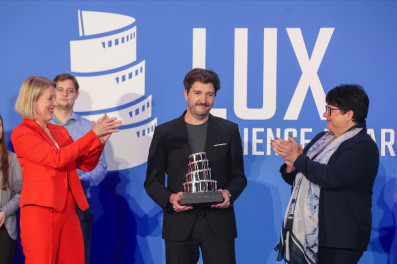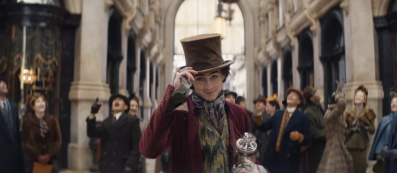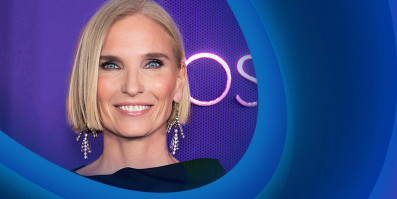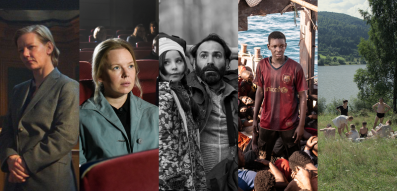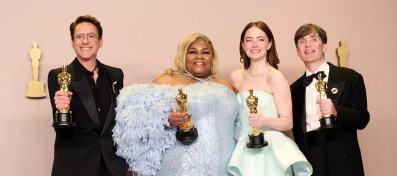The Lighthouse - A lesson in Psycho-Fantastic Horror
The realism of the film is in an unexpectedly good balance with the pretentious abstractness on an epic scale.
The Lighthouse is one of those films that are difficult to classify in terms of genre. Somewhere between humorous horror fantasy and a psychological thriller about hallucinations and delusions, Robert Eggers' second feature film (who got celebrated with The Witch) is characterized by a technically flawless atmosphere and pompous ambitions to create a mythical work. Eggers wanted to make a school example for maximum use of the paradigm of isolated characters who cannot leave the location they are in, so he made a film that can best be described through several parallel and seemingly paradoxical features, as well as the two protagonists, calm seeker Thomas Wake (Willem Defoe) and the submissive but explosive Ephraim Winslow (Robert Pattinson).
With a relatively simple plot that, at first glance, does not leave much room for unexpected events (Wake and Winslow live on a small deserted island, maintaining the local lighthouse and the rooms in which they live), Eggers's second film is an original and multi-layered depiction of loneliness. , folk superstitions about the sea, Greek mythology and finally, the struggle for power between Wake and Winslow with subtle homoerotic tones. However, the realism of the film (presented through the difficult living conditions, Winslow's exhausting obligations imposed by Wake and all possible bodily fluids in the foreground) is in an unexpectedly good balance with the pretentious abstraction on an epic scale. With his performance of theatrically written monologues with a Shakespearean overtone, Defoe is brilliant as a tormented and insane former sailor, and Pattinson manages to match him only in rare moments. The tempo of the film (edited by Luiz Ford) is turbulent as a restless sea, which further blurs the line between reality and psychosis. As in the Romantic classics, the Eggers often use the changes of time as an announcement of the battles of the characters with themselves, the other and nature.
Taking contemporary cinema as a point of reference, The Lighthouse uses the retro aesthetics expected of a fairy tale that takes place in the late 1890s in an incredibly fresh and even hypnotic way (for which Jarin Blaske received an Oscar nomination). Sound design (thanks to Damian Volpe) exponentially increases the difficulty of the story, which culminates in the esoteric, so at one point the question arises whether the genius of Eggers actually lies in the fact that the already seen story of the madness caused by the impossibility of reaching the impossible in this case, ironically it is the central lamp in the lighthouse) to pack it in a new 21st-century arthouse area.
Despite the fact that sometimes it fails to rise completely above the horror tradition and to penetrate deeper into the consciousness of the main characters, "The Lighthouse" masterfully processes the metaphorical purgatory for sins. It is a pity that the coherence of the story is sometimes lost at the expense of the atmospheric scoring of the director's idea. On the contrary, the question would be even clearer to the audience: how do you deal with your demons?
Source: Gledaj.mk / Jovana Giorgiovska


